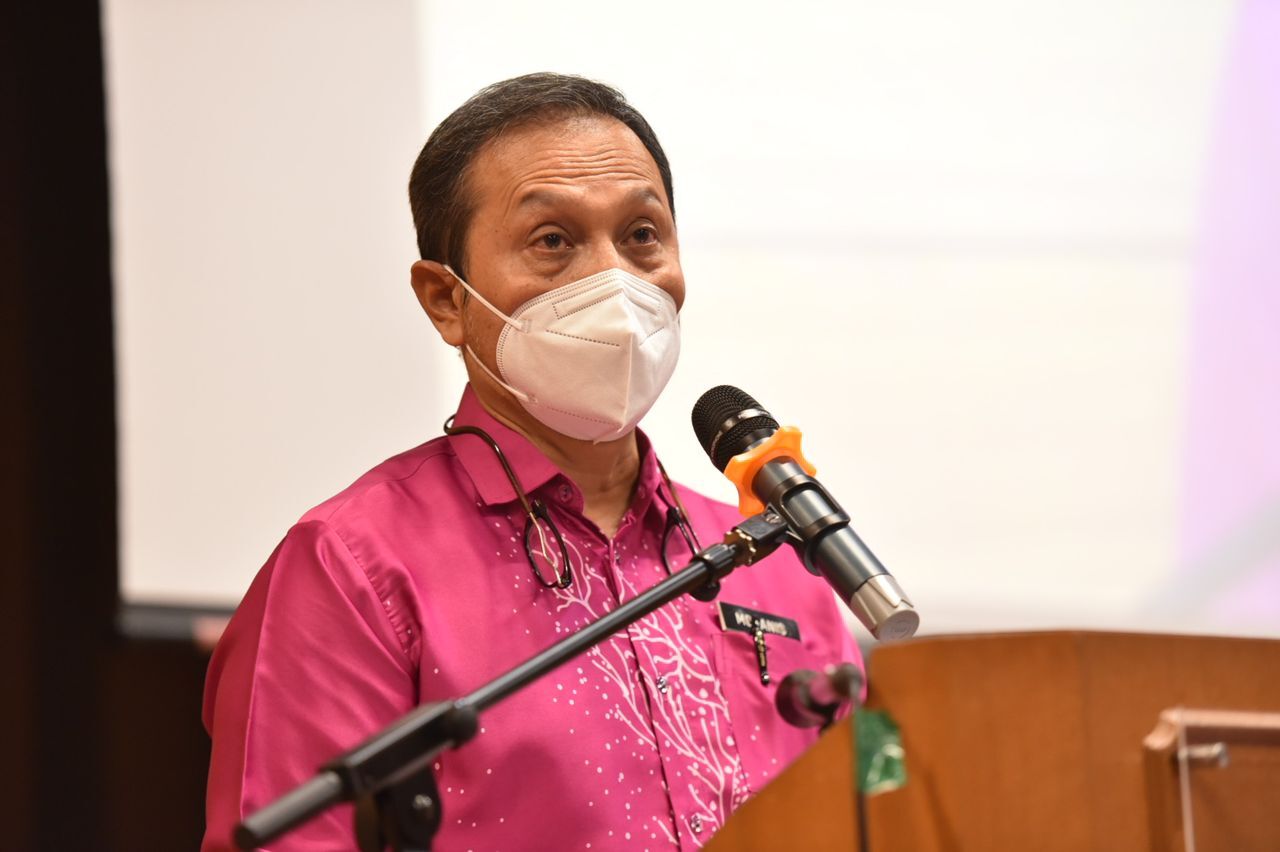KUALA LUMPUR, Feb 17 – Amid funding constraints in the public health care system, the National Cancer Institute (IKN) today called for the full paying patient (FPP) service to be extended to its facility.
The FPP, which was introduced in 2007, allows patients to receive treatment from a specialist of their choice and access to a first class or executive ward, where they will be charged for the full cost of treatment that is said to be more competitive than private hospitals.
FPP services are currently provided at 10 Ministry of Health (MOH) facilities: Penang Hospital; Putrajaya Hospital; Ampang Hospital, Selayang Hospital, Serdang Hospital, and Sungai Buloh Hospital in Selangor; Sultanah Aminah Johor Bahru Hospital and Sultan Ismail Hospital in Johor; Queen Elizabeth II Hospital in Sabah; and Sarawak Heart Centre.
IKN director Dr Mohd Anis Harun noted that many oncology specialists have left IKN — one of six MOH cancer centres in the country — for the private sector for multiple-fold higher compensation, and due to difficulties in getting promoted to the Special Grade in the civil service.
“Therefore, we at IKN hope that the full paying patient service, or FPP, can be extended to IKN to enable the remaining specialists to get some extra income and to remain in service at IKN,” Dr Mohd Anis said in a speech at MOH’s World Cancer Day 202 launch at IKN in Putrajaya today.
“As the pioneer in cancer treatment in Malaysia, we have seen a rising trend in patient visits to IKN for inpatient, outpatient, daily treatment, and cancer emergency services, as well as increased work burdens in clinical support services like pathology, physiotherapy, and traditional and complementary medicine,” he added.
Admissions to IKN rose 214.6 per cent from 2,929 cases in 2014 to 9,215 cases last year. Outpatient cases increased 265.5 per cent in the same period.
Daily treatment cases at IKN increased 185.3 per cent from 2015 to 2021, with additional shifts, beds, and the introduction of daily surgery procedures.
Visits to IKN’s cancer emergency unit jumped 462.8 per cent from 2014 to 2021, while the cancer hospital’s bed occupancy rate increased from 26 per cent in 2014 to 53.3 per cent last year.
Nine years into operation, IKN patients can now get immediate emergency treatment and be discharged or admitted into wards within two to four hours, compared to much longer wait times at the general emergency departments at other tertiary hospitals, Dr Mohd Anis said.
Besides offering therapeutic and diagnostic services for various cancers, IKN also produced FDG Putra, a radiopharmaceutical product owned by MOH that is supplied to public and private hospitals for PET-CT scans.
IKN has also added several new services, including oral and maxillofacial surgery for oral cancer patients, as well as interventional radiology services and upper gastrointestinal surgery. Last year, IKN was the first MOH facility to offer stereotactic body radiation therapy (SBRT) for lung cancer.








